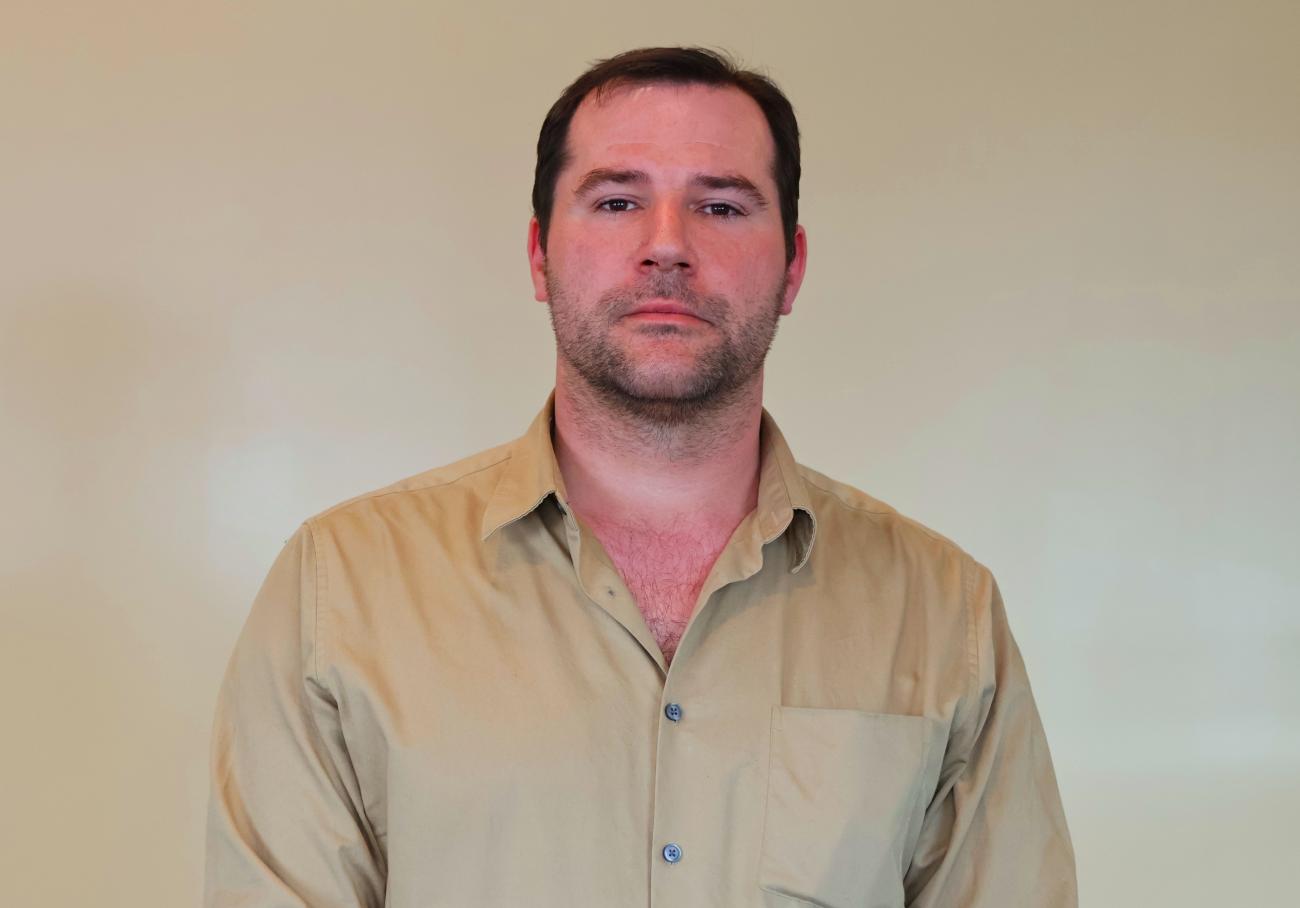Canada is heading to the polls on April 28 after a snap spring election was called by Prime Minister Mark Carney at the end of March. With campaigning already underway and election signs popping up on roadsides and our neighbours’ lawns, we reached out to the local candidates who will be appearing on the ballot in Provencher.
For Noel Gautron of Ritchot, the 2025 election will mark his third time running for the People’s Party of Canada (PPC). Gautron is a small business owner, logistics professional, and family man.
He’s also a firearms collector, as was his father before him. The Liberal Party’s restrictions on firearm ownership in recent years served as an impetus, at least in part, for Gautron’s decision to join the PPC.
In the 2021 election, Gautron was successful in securing more than 16 percent of the Provencher vote. He says that voters’ emotions ran high that year—not unlike 2025, although now there are different issues on the table.
Despite the fact that the PPC is relatively new on the ballot, having been formed in 2018, Gautron says that they’ve got candidates in almost every riding in Canada.
The PPC have four basic tenets guiding their philosophy: freedom, responsibility, fairness, and respect.
Gautron says that Canada’s current governmental system has a heavy-handed top-down leadership style that overlooks the rights and freedoms of many citizens.
“So let’s say, for southern Manitoba, we have what I’d refer to as the Bible Belt,” Gautron says. “We have a lot of Christians. So obviously their needs are going to be a little bit different than Toronto. And because of how our political system functions, it doesn’t, in my mind, serve those regional cultures appropriately.”
Gautron feels passionately about the need to create a freer society by giving regions across the nation more autonomy.
“You want to have your people have the most ability to conduct their lives as they see fit under the law. I think most people could acknowledge that, over the last 40 or 50 years, there’s been something of an erosion there… where government has made their lives more difficult.”
Based on the way other parties are structured, including the Conservative Party, Gautron says that regional leaders are very much constrained by federal party policy, giving them little opportunity to affect local change based on values that are important to their constituents.
According to Gautron, the PPC would put a lot more power in the hands of locally elected officials. For examples, he believes that each province should have the autonomy to devise the social healthcare strategies that work best for them.
“If they want to dump even more money into a single-payer system, by all means. But it [should be] funded provincially. If you want to go completely private, do that.”
In a similar way, he says that each province should have autonomy over their own natural resources. He gives the example of east coast fisheries which have had to deal with federal fishing caps, limiting the ability of everyday people to earn a living.
Immigration is another hot issue for the PPC. They believe that a complete reform of the system is needed. To start, they’d put an indefinite moratorium on new immigrants.
“[When] you’re letting in two and a half million people in very rapid succession, you exacerbate an already hot housing market to the point where most people, even into their late thirties, aren’t able to afford housing.”
In Gautron’s opinion, the focus of the Liberal government on immigration likely stems from the fact that Canada’s young people are choosing to have fewer children, or none at all, compared to decades earlier. He says that we need an increase in young working families to strengthen the economy and support existing social programs.
From Gautron’s perspective, immigration isn’t the only—or even the ideal—answer to address the problem of a shrinking population. He wants to encourage an uptick in the birthrate.
Another concern for Gautron and the PPC is that when immigrants come in by the millions, it changes the social fabric of the nation.
Canada’s approach to environmental issues would also come under scrutiny with a PPC government. The party would eliminate the carbon tax and, likely, reconsider Canada’s affiliation with international governance bodies operating under leadership that Canadians didn’t elect.
“We would challenge the notion of global warming as it’s currently perceived,” Gautron says. “It’s the type of thing where you don’t want to affect people’s lives [based] on theories because that’s a bit of a dangerous concept.”
Improving trade relations with the U.S. is also of great importance to Gautron.
“The most important trade relationship Canada has is with the United States. We unfortunately have geographical constraints that make it very difficult to get our product to other places in the world.”
Gautron isn’t deluded into thinking that the PPC are likely to take the reins of power in Ottawa after this election, seeing as they’ve never been elected to a seat in Parliament.
Still, he says, a vote for them can affect change for a better future.
“So long as the PPC exists, we provide balance to the entire system,” he says. “[For the major parties], it’s in their best interest, because of cities like Toronto and Montreal and Vancouver, for them to drift further to the left over time… we have a very heavily weighted left-of-centre system.”


